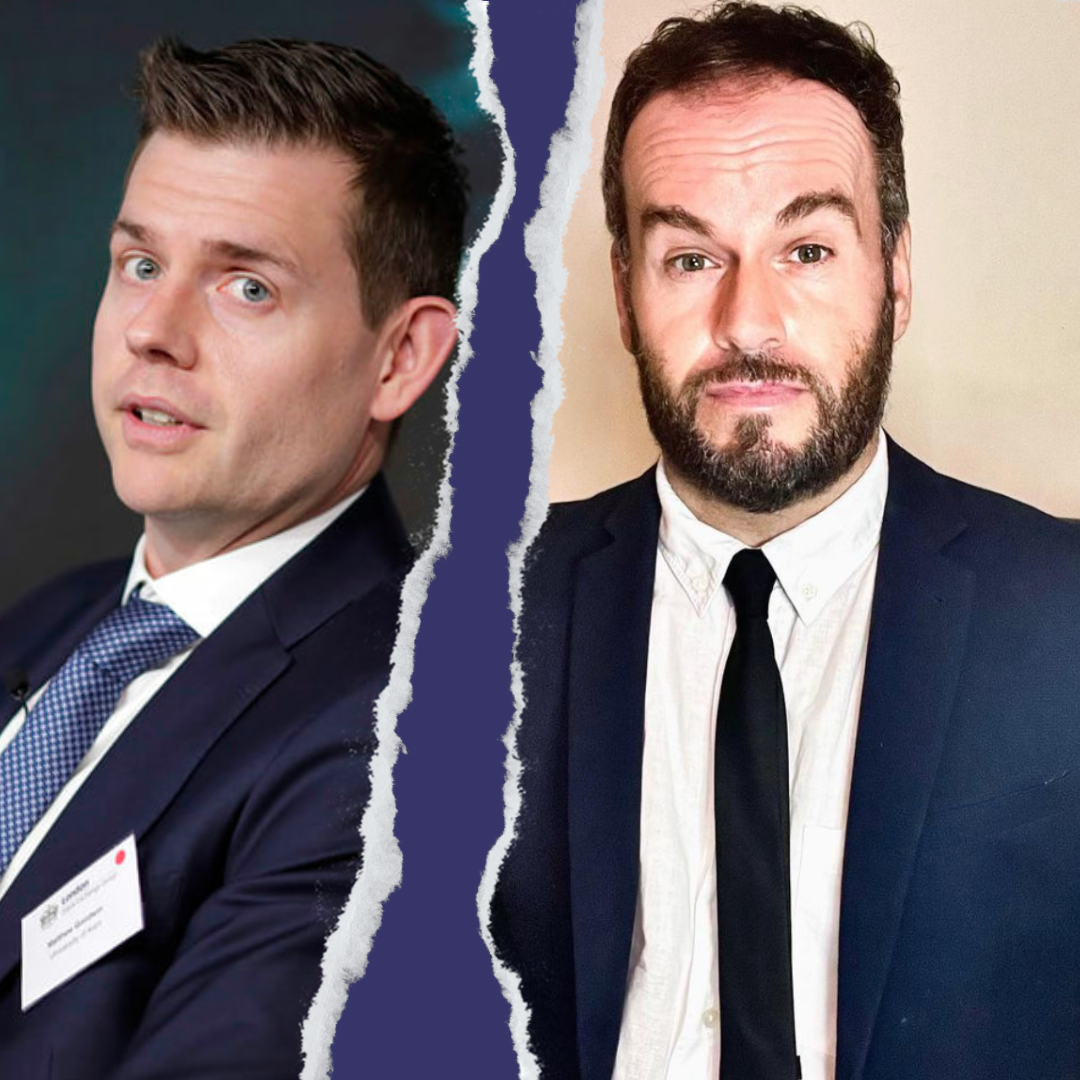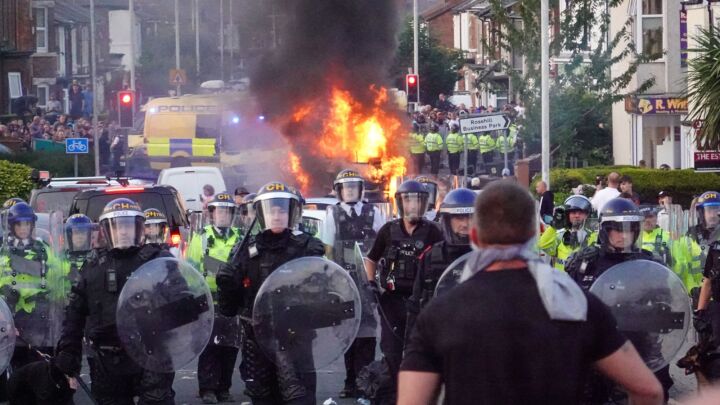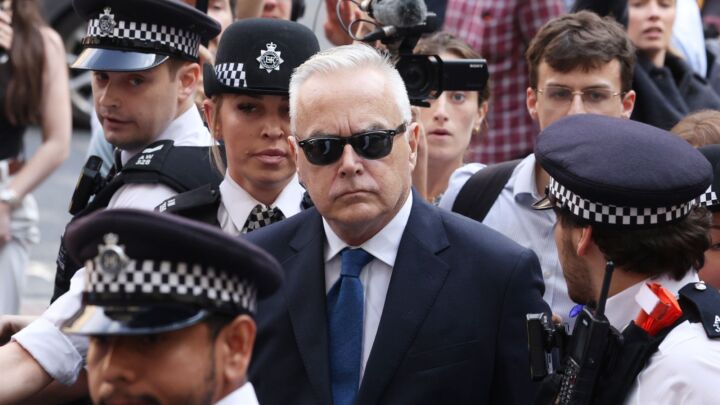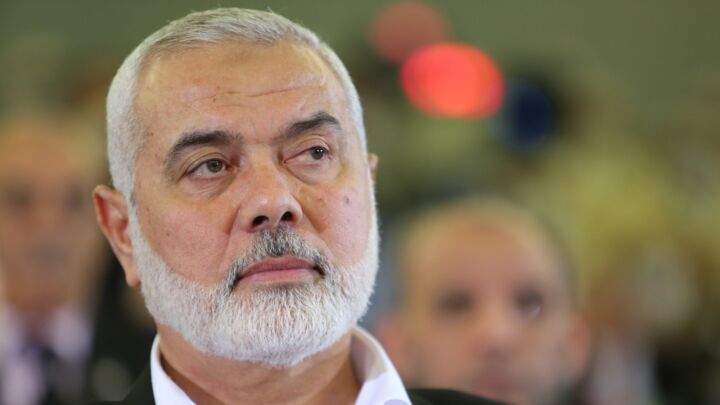We can’t let Islamist terror become the ‘new normal’
Why have the brutal knife attacks in Paris been met with silence?

There used to be a time when an Islamist terror attack would make the world stand still. When the murder of innocents by religious extremists had the power to shock us. To force us to sit upright. To ask how our society has nurtured this lethal threat – and how we might best protect ourselves from it. Yet the response, or lack thereof, to this weekend’s knife attacks in Paris suggests we are no longer even moved by these gruesome acts of terror. In Europe at least, they are becoming dangerously normalised.
On Sunday, a supporter of the Islamic State, named by French police as Armand R, is alleged to have fatally stabbed a German tourist near the Eiffel Tower. He then crossed to the other side of the River Seine, where he wounded two people with a hammer. As he was apprehended by police, he could be heard shouting ‘Allahu Akbar’.
Yet, shockingly, this fatal attack in France has been met with barely any condemnation or even commentary from elsewhere in Europe, aside from the usual platitudes about thoughts, prayers and standing against division. Strikingly, the attack even failed to make the front pages of most UK newspapers, even though one of those wounded was a British national. Readers outside of France could be forgiven for missing the attack entirely.
After learning that one of her countrymen had been murdered, German foreign minister Annalena Baerbock insisted that ‘Hate and terror have no place in Europe’. French prime minister Élisabeth Borne vowed that France ‘will cede nothing in the face of terrorism. Never.’ But it is hard to take these words seriously when brutal Islamist terror attacks like that in Paris now occur with stomach-churning regularity. They are now so common, in fact, that they tend to pass by largely unnoticed. In France alone, over the past decade or so, there have been attacks in Paris, Nice, Lyon, Strasbourg, Toulouse, Normandy, in large cities, small villages and suburbs across the country. I doubt anyone could name them all from memory.
Since the 7 October terror attacks in Israel, there have been two attacks in France that have had some striking – and depressing – similarities. Notably, Armand’s extremist views were known to the authorities before his alleged rampage. He was even arrested and jailed in 2016 for making plans to travel to Syria to fight with Islamic State. Since his release in 2020, he was being monitored by the security services for ‘persistent radicalisation’.
There are chilling echoes here with the knife attacks in Arras, in northern France, less than two months ago. A 20-year-old Chechen man called Mohamed Mogouchov is alleged to have stabbed a teacher to death and severely wounded two other school staff. He was also a known Islamist extremist who was under electronic and physical surveillance. More shocking still, he was even questioned by the authorities the day before his attack.
For both attacks, the authorities have not ruled out a link to events in the Middle East. Armand R is alleged to have told police that France is complicit in the deaths of civilians in Gaza. Similarly, interior minister Gérald Darmanin has suggested Mogouchov may have been motivated by Hamas’s call for Muslims to take up arms in a global ‘day of jihad’.
Mistakes can happen. Suspects can always slip through the net. But the sheer volume of would-be Islamist terrorists in Europe has made these tragedies almost inevitable. In 2015, Europe’s deadliest year for Islamist terror, an estimated 10,000 Islamist radicals had been identified as potential security threats, appearing on France’s Fiche S database. At least 5,000 Islamic extremists are currently believed to be at large, according to Le Figaro. Clearly, the task of tackling Islamist radicalism is so vast that it cannot be left to security services alone.
Yet despite the terrifying scale of the threat, and a new wave of Hamas-inspired terror potentially in the offing, we seem less willing than ever to reckon with it. In Europe, politicians are reluctant to discuss the scourge of Islamist terrorism. They refuse to say anything too confrontational about an ideology that has claimed the lives of so many innocents. Some fear being labelled racist or Islamophobic. Others fear that condemning Islamism too harshly could embolden the far right. Even to express solidarity with the victims, it seems, is now considered too provocative. It is this moral cowardice, more than any security failing, that has allowed Islamist extremism to spread, to thrive and to continue to wreak havoc.
We must refuse to let these acts of terror pass without condemnation. We must not let our leaders keep burying their heads in the sand. We must not let Islamist extremism become the ‘new normal’.
Fraser Myers is deputy editor at spiked and host of the spiked podcast. Follow him on Twitter: @FraserMyers.

Matthew Goodwin and Brendan O’Neill – live and in conversation
Wednesday 20 December – 6.15pm to 7.15pm GMT
This is a free event, exclusively for spiked supporters.
Picture by: YouTube.
To enquire about republishing spiked’s content, a right to reply or to request a correction, please contact the managing editor, Viv Regan.








Comments
Want to join the conversation?
Only spiked supporters and patrons, who donate regularly to us, can comment on our articles.